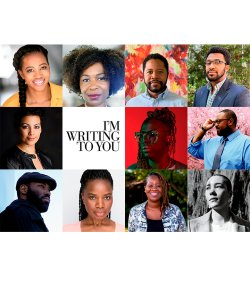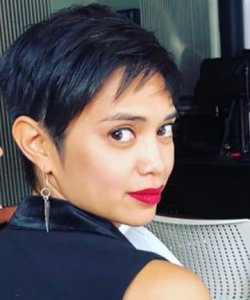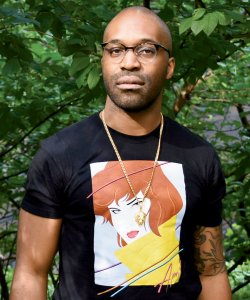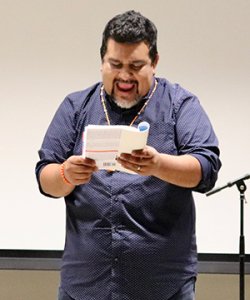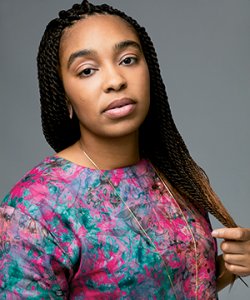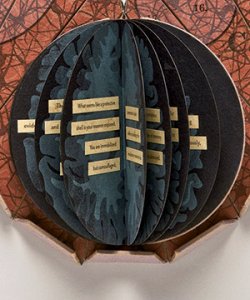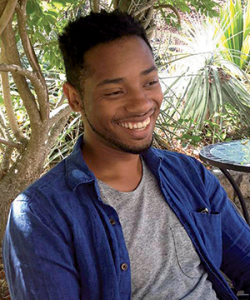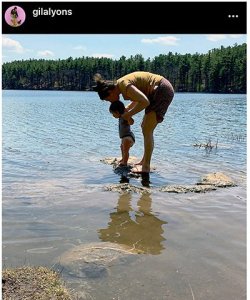
Our annual MFA issue features an in-depth look at the MFA in flux, including reports on how programs are adapting to COVID-19, the rise of the online degree, reimagining power in the creative writing workshop, what happens when a low-residency program closes, and a call for systemic change in the literary arts; an interview with poet Nate Marshall on his second collection, Finna; Aimee Nezhukumatathil in conversation with Ross Gay about her new essay collection, World of Wonders; playwright Ayad Akhtar on his new novel, Homeland Elegies; letters from writers of the Black literary community; a Q&A with critic Ismail Muhammad; the art of the author photograph; how social media affects the creative process; writing prompts; and more.







